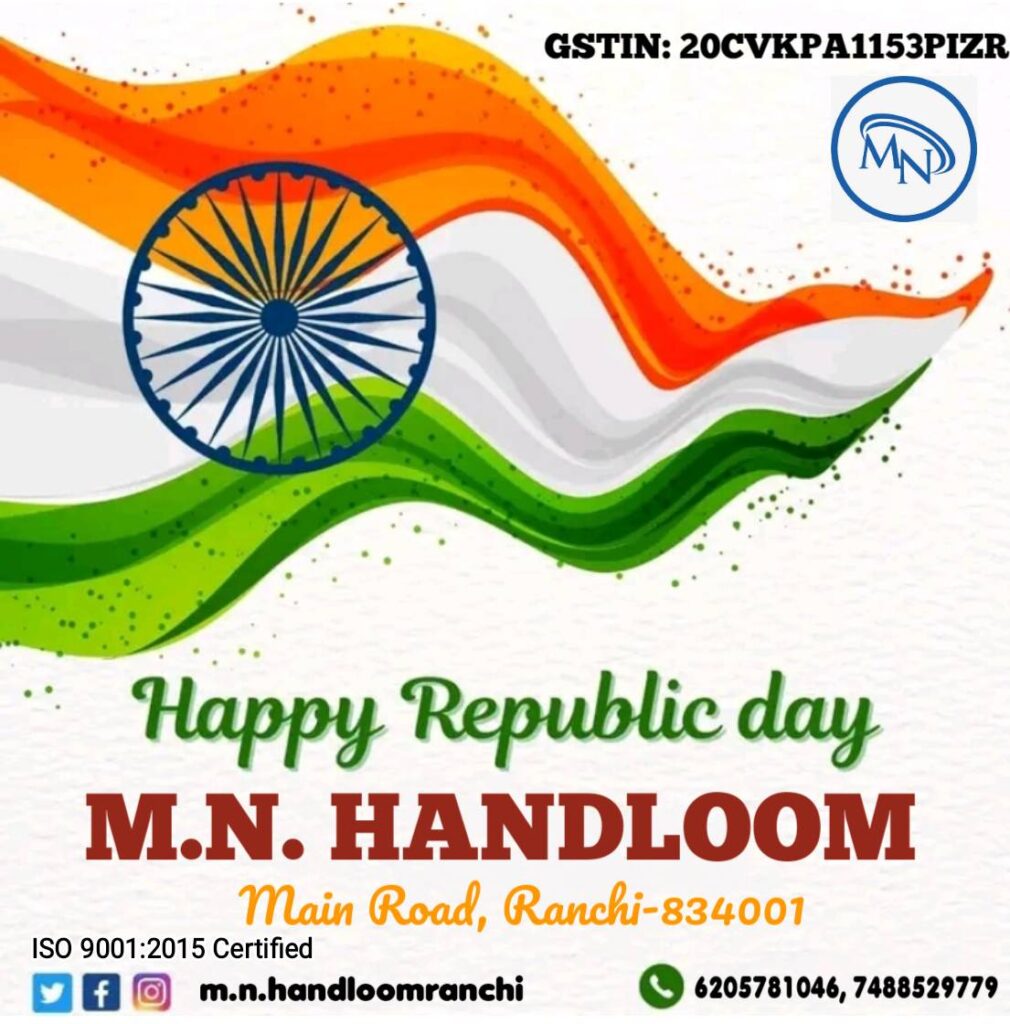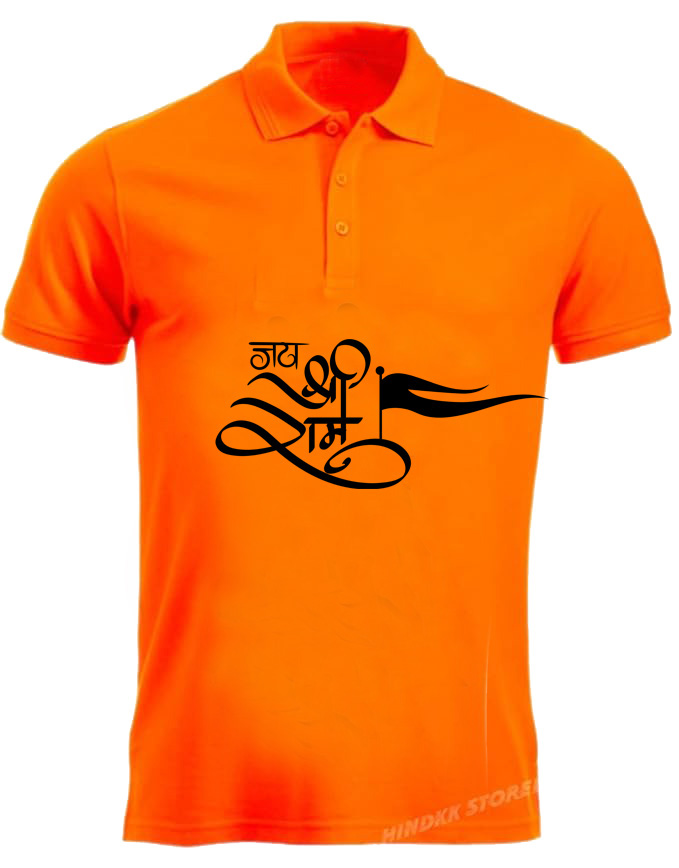Karpoori Thakur, born as Karpoori Singh, was a prominent Indian politician and social reformer from the state of Bihar. He served as the Chief Minister of Bihar twice, from December 1970 to June 1971 and from December 1977 to April 1979. He was also a Member of Legislative Assembly (MLA) for several terms, and held several important positions in the government of Bihar.
Thakur was born in a small village in the Saran district of Bihar in 1924. He came from a humble background and had limited opportunities for education. Despite this, he was determined to make a difference in the lives of the people of Bihar. He began his political career in the 1950s as a member of the Socialist Party. He quickly rose through the ranks and was elected to the Bihar Legislative Assembly in 1957.
During his time in office, Thakur implemented a number of social and economic reforms that had a significant impact on the state of Bihar. One of his most notable achievements was the implementation of the Bihar Land Reforms Act in 1961, which aimed to redistribute land from the wealthy landowners to the landless poor. This helped to alleviate poverty and improve the economic condition of the rural population.
In addition to land reform, Thakur also implemented a number of other important policies. He introduced free and compulsory education for children up to the age of 14, which helped to increase literacy rates in the state. He also worked to improve the healthcare system in Bihar, by setting up new hospitals and health centers, and by providing free medical treatment to the poor.
Thakur also worked to improve the status of women in the state of Bihar. He introduced a number of policies aimed at improving the education and employment opportunities for women, and he also worked to eliminate the practice of dowry. He also played a key role in the formation of the Bihar State Women’s Commission, which aimed to improve the status of women in the state.
Thakur’s work was not limited to Bihar, he also played a key role in national politics. He was a member of the Janata Party, and later the Janata Dal, which was formed in 1977. He was appointed as the National President of Janata Dal, which was the main opposition party to the Congress Party at that time.
Thakur’s political career was not without controversy. He was arrested and imprisoned during the Emergency period imposed by then Prime Minister Indira Gandhi, for his opposition to the government. However, he continued to be a vocal critic of the government and was one of the leading figures in the movement that eventually led to the defeat of the Congress Party in the 1977 general elections.
Despite the controversies, Thakur is widely regarded as one of the most important leaders in the history of Bihar. His social and economic reforms had a lasting impact on the state and helped to improve the lives of millions of people. He is remembered as a leader who worked tirelessly for the welfare of the people and as a champion of the poor and the marginalized.
In conclusion, Karpoori Thakur was a great politician and social reformer, who left an indelible mark on the state of Bihar. He worked tirelessly to improve the lives of the people, particularly the poor and the marginalized. His policies and reforms had a lasting impact on the state, and his legacy lives on to this day. He is remembered as a leader who truly cared for the welfare of the people and worked to create a better future for all.










